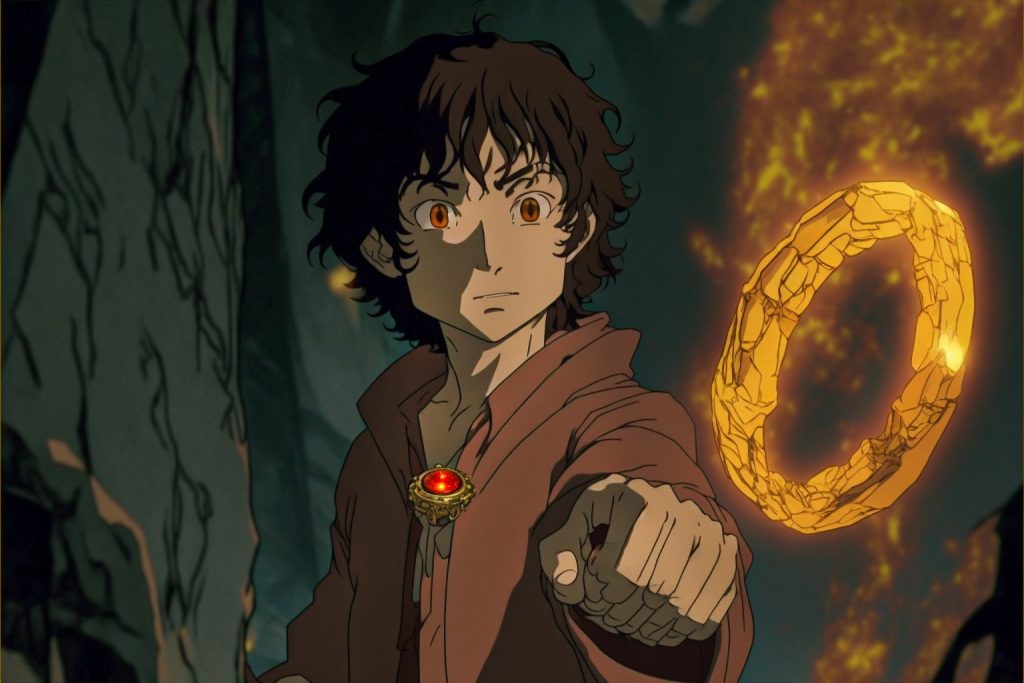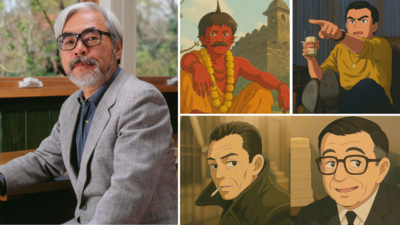ChatGPT's viral Studio Ghibli-style images highlight AI copyright concerns
Fans of Studio Ghibli, the renowned Japanese animation studio behind classics like "Spirited Away," were pleasantly surprised by a new feature on ChatGPT that allows them to transform internet memes or personal photos into the distinctive style of Ghibli founder Hayao Miyazaki. While this trend brought joy to many, it also raised important ethical questions regarding artificial intelligence tools trained on copyrighted creative works and its implications for the livelihoods of human artists.
The Delight of Ghibli-Style Transformations
Janu Lingeswaran, an entrepreneur living near Aachen, Germany, excitedly uploaded a photo of his 3-year-old ragdoll cat, Mali, into ChatGPT's image generator tool. The result was a charming anime image that captured the essence of Mali in the style of Miyazaki's iconic feline characters from movies like "My Neighbor Totoro" and "Kiki's Delivery Service." Lingeswaran expressed his fondness for the output, even considering printing and displaying it at home.

From Memes to Olympic Moments
Similarly, the Ghibli style was applied to various images, including the casual demeanor of Turkish pistol shooter Yusuf Dikec at the 2024 Olympics and the infamous "Disaster Girl" meme. These transformations showcased the versatility and appeal of integrating Ghibli's aesthetic into diverse visual content.
OpenAI's Stance and Miyazaki's Critique
OpenAI, the creator of ChatGPT, has encouraged these "Ghiblification" experiments while emphasizing a cautious approach to replicating individual artists' styles. CEO Sam Altman even adopted a Ghibli-style portrait on social media. However, Studio Ghibli declined to comment on this trend. The resurgence of Miyazaki's skepticism towards AI animation, citing concerns about dehumanizing effects and disrespect for life, added a layer of complexity to the discussion.

Legal and Ethical Implications
Legal experts like Josh Weigensberg have raised questions about the training data used for the Ghibli-style AI art and the necessity of licenses for such creative endeavors. The debate over copyright infringement, artistic integrity, and the exploitation of established brands like Ghibli remains a contentious issue within the art community.
Artist Perspectives and Concerns

Artist Karla Ortiz, currently involved in a copyright infringement case with other AI image generators, criticized the lack of regard for artists' rights and creative contributions in such AI-driven initiatives. Ortiz's sentiments reflect a broader sentiment within the artistic community regarding the commercialization and potential misuse of renowned artistic styles for commercial gain.
Conclusion
As the intersection of AI and artistic expression continues to evolve, the delicate balance between innovation, inspiration, and ethical responsibility remains a key consideration for creators, developers, and consumers alike.









